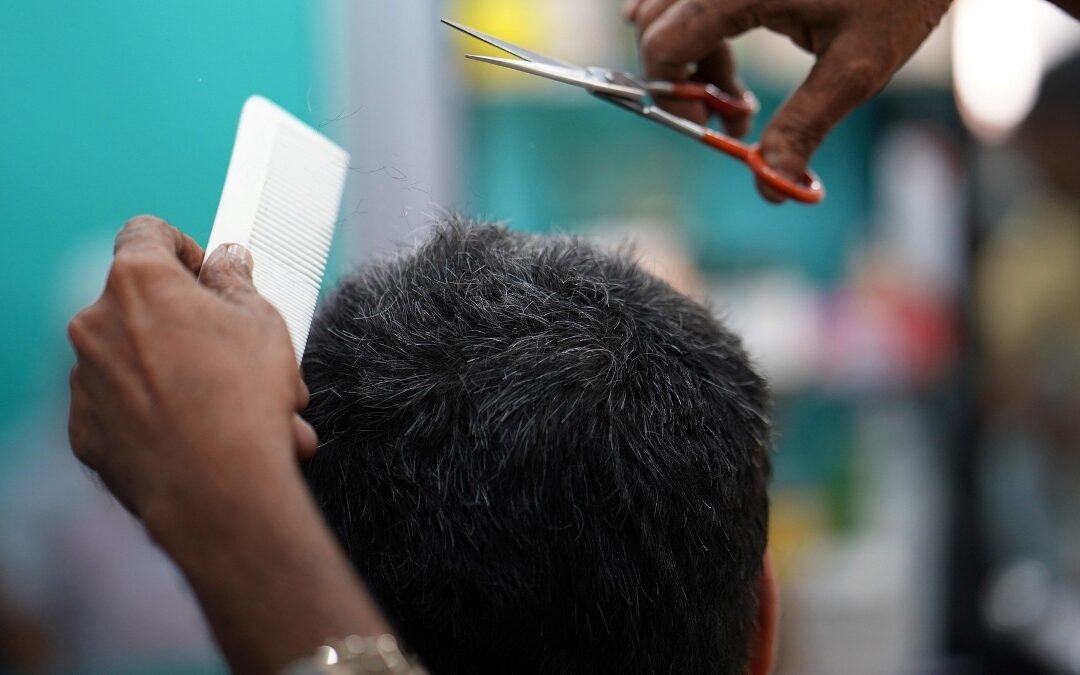Barbershop owners in Camden – like in many U.S. cities – are known as key influencers in the city, their shops being hubs of community conversation and information.
True to form, a group of Camden barbers have now taken on the role of community ambassadors for the safety and importance of the COVID-19 vaccine, thanks to an innovative new awareness campaign led by Rutgers University–Camden and the Center For Family Services in Camden.
Sponsored by New Jersey Health Initiatives (NJHI), a statewide grantmaking program of the Robert Wood Johnson Foundation, the Community Connectors campaign leverages the trust and relationships of a team of Camden residents – or community connectors – to recruit up to 15 local barbers, who in turn espouse the merits and accessibility of getting vaccinated.
“To get out of this pandemic and return to fully functioning life, we have to think creatively about how to vaccinate our hard-to-reach and vulnerable residents,” says Bob Atkins, NJHI’s director and an associate professor of nursing at Rutgers–Camden. “Through our research and experience, we know there is a lack of confidence in the COVID-19 vaccine in communities of color that just needs to be built up – and one way to do that is for people to trust the messengers with whom they work and live and interact daily to communicate its importance, safety, and effectiveness.”
Rutgers–Camden psychology researchers Kristin August and Charlotte Markey first worked with their students to develop evidence-based messaging and materials for the campaign. The students worked together to come up with the messaging, including a positive slogan: “Stay Camden strong. Don’t wait. Vaccinate.” They then helped to translate the information into Spanish and create flyers.
“As researchers, we often don’t see the fruits of our labor turn into something useful and worthwhile,” says August, an associate professor of psychology. “It’s rewarding for us researchers and our students to be a part of a project that is actually helping people in the community.”
One of their primary messaging goals, she says, is to dispel myths about vaccines, which are prevalent. Furthermore, they want to highlight the importance of vaccinations as a way to get back to normal life – “getting back to friends and family” – in addition to protecting one’s health.
“We have been really interested in getting people’s views of getting vaccinated and really trying to change people’s views for the better, given our knowledge, expertise, and understanding of the literature,” says August.
August adds that if the messaging required a high level of health literacy or came directly from the CDC website, it wouldn’t be tailored to specific communities such as Camden.
The unique approach in prioritizing the familiarity of Camden residents was key in encouraging local barbers to participate, says Megan Lepore, director of development and sustainability for the Center For Family Services.
“I think a lot of it is really text-heavy and confusing, and doesn’t take into account different levels of understanding in community populations,” she says.
Read the full story at news.camden.rutgers.edu.

